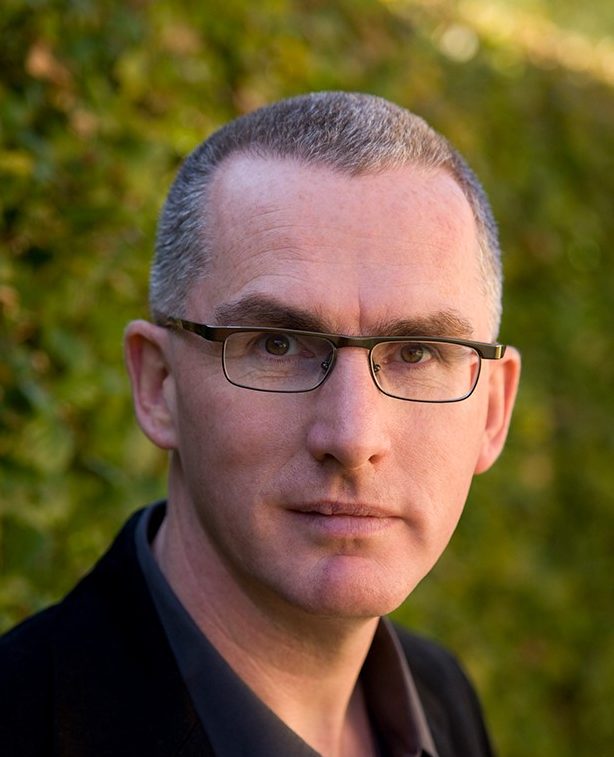International Programmes Department
Academic Subject Programmes
In addition to our bespoke EFL and Open Enrolment programmes, we run lecture programmes for post-doctorate students and groups with near native level English.
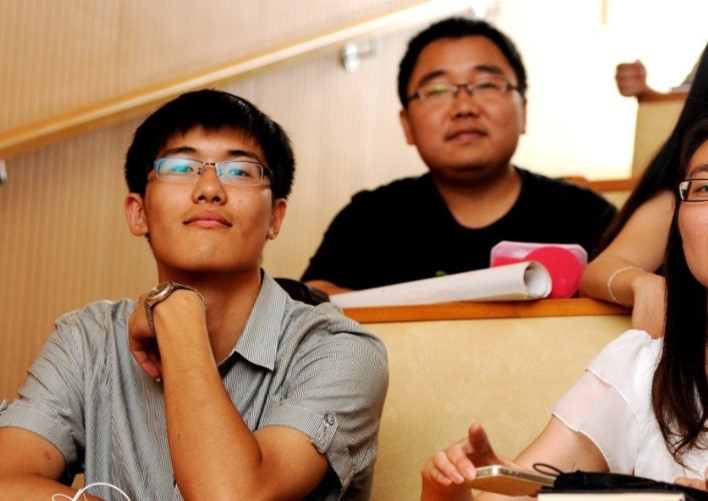
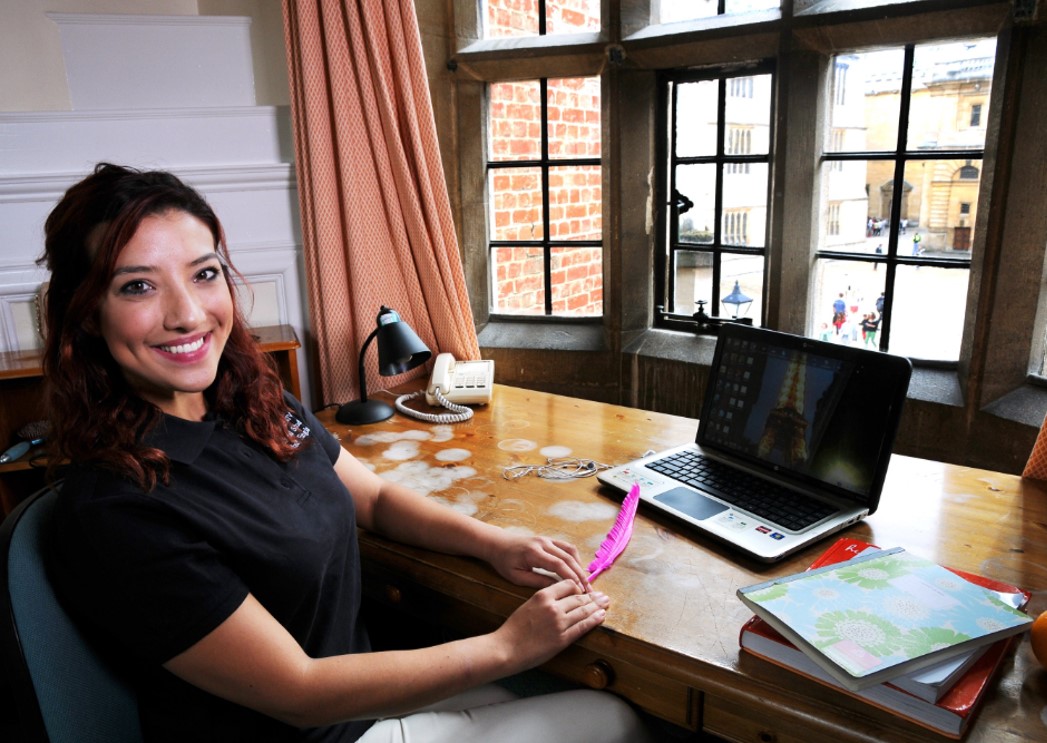
It is an opportunity for highly proficient students to experience the tutorial system and be exposed to topic areas outside of their own disciplines. We currently deliver programmes that can be exclusively focused on Business, Economics, Law, Film and Media, Engineering, Physics, Maths, Film and Media, Philosophy, Social Sciences, and Humanities subjects.
Most of our programmes cover a range of disciplines and all contain elements of British Culture. This may include lectures on areas such as: British Architecture, the History of the English Language, Growth of Knowledge, and Social Issues in the UK.
Students attending our lecture programmes are set pre-course tasks that are discussed through our tutorial system. At the end of the programme, all students offer a presentation either on their field of study or an area they have researched during their time with us.
At Hertford, our interests lie not only in the expansion of knowledge but the development of critical thinking; Socratic debate is used to challenge students to become more discerning and innovative in their approach to problems and our lecturers exemplify this through their teaching style.
Our programmes are continually evolving to offer a broad spectrum of leading edge topics. We are always interested in expanding our subject base and would be delighted to discuss further ideas with our university partners for future collaborations.
Meet some of our lecturers
-
Dr Aurelia Annat
As a member of the University of Oxford History Faculty, I teach the Modern British History papers looking at politics, society and culture since the late eighteenth century, but my particular area of interest is the cultural history of sexuality and gender in the twentieth century.
At Hertford I deliver lectures on youth culture in 1950s/60s Britain and urban development since the nineteenth century as a means of exploring social change. My aim in these lectures is to recover the texture of the past by examining subjective experiences in their political and social contexts and to achieve this through critical reading of primary sources and awareness of historical debate. My lectures therefore discuss questions rather than simply narrating a version of the past.
In addition to short talks by me, I involve the students in group work as well as whole-group discussions, often using stimulus materials that include contemporary visual media and audio clips. I also encourage students to compare their own cultural experiences with those of the people in the past that we study. I have always been impressed at the willingness of the students to engage with my resources and to learn about British History and have learned a great deal from their descriptions of what it means to be a teenager or to live and work in cities in the Far East today.
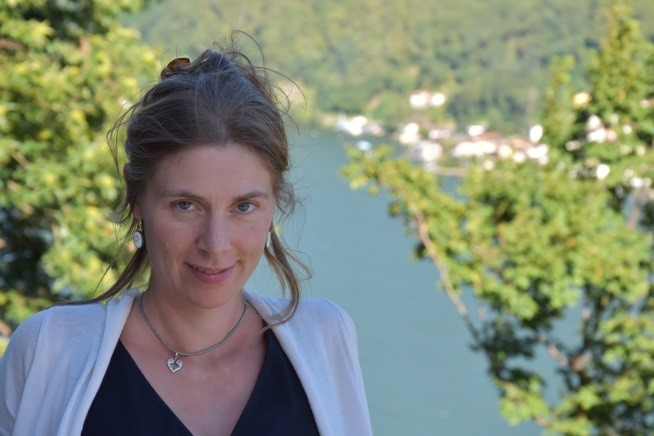
-
Dr Sarah Blair
I have a degree in Illustration, followed by a PhD on the narrative language of graphic novels, and I have always cultivated a particular focus on crossovers between visual and verbal languages.
At Hertford, I offer creative workshops to help students speak or write about their sense of identity. I also introduce students to UK visual culture, offering lectures on Contemporary Art and Youth Culture and Fashion. I use creative and visual stimuli as much as possible, and the students whom I have taught at Hertford are wonderfully interested in finding their voice in English, and this is so much more than becoming more comfortable in the language. The courses provide a great opportunity for sharing perspectives and thoughts: everyone supports everyone else and there’s a rich exchange of ideas on a great many topics and aspects of life.
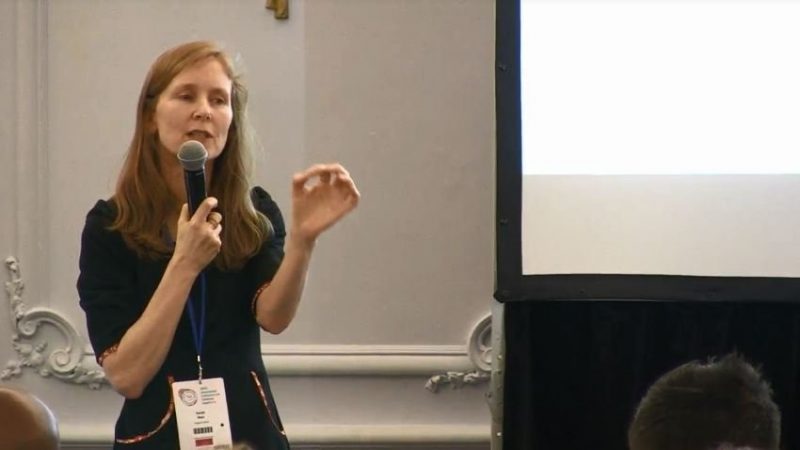
-
Bruce Ross-Smith
My lectures have over the years fallen under the very broad umbrella of social science – economics, finance, business, education, social class, ethnographic fieldtrips, and history, with always “connect” a guiding star.
The atmosphere at Hertford combines educational rigour with a broad sympathy of approaches to what works best with a wide diversity of students. As a lecturer I have been able to choose what it is that works best, always mindful of what each programme must include, set in an always congenial and convivial environment. Interactivity is at the heart of my Hertford teaching, always mindful that student voices are what matter most, individually and collectively, solo and choral.
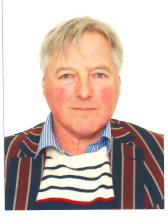
-
Dr Megan Price
It is a pleasure to be a staff member of Hertford College International Programme and work with people from many nationalities. Hertford is a unique place to teach, situated as it is in the very heart of the historic University of Oxford and surrounded by its beautiful architecture.
I have been a student and teacher in the University since 1997 and since 2000 have been a regular contributor to a variety of Hertford College programmes. My university research focused on world archaeology and social and cultural history-and I have a keen interest in exploring the many relationships between the past and the present. I enjoy the opportunity of sharing my experience and enthusiasm with a wide student audience both formally in class and informally during the day.
For class- based work I use my specifically prepared PowerPoint presentations and provide appropriate visual material for study and discussion. I lecture on the archaeology of Britain from prehistoric times to the present day, revealing, for example, the secrets of Stonehenge and also providing the students with the opportunity to handle some ancient artefacts.
My research into the history and traditions of Oxford University follows the growth of today’s academic disciplines that developed here in the nineteenth century. I consider their lasting inheritance and Oxford’s position today as a world-famous university. In class, my presentations explore the university year, the teaching methods, the curriculum and the variety of cultural and social activities available to the students. We try on Oxford academic dress and debate why this tradition is still valued.
Oxford has three important museums that were founded in the nineteenth century, the Ashmolean Museum, the University Museum and the Pitt Rivers Museum. Each museum is very different and it is important to explore their cultural diversity by lectures and group visits. There is a wealth of culture to experience in Oxford and it is a privilege to share it.
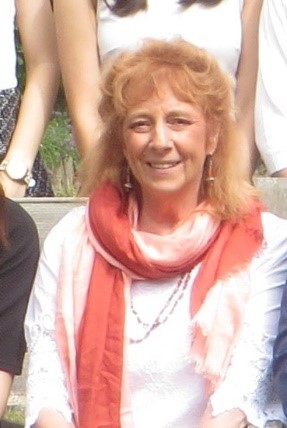
-
David Tolley
I teach John Donne’s poetry, Shakespeare, and also arrange a literary walk around Oxford. As a relief from the student’s academic work, I run 1-day filmmaking workshops helping the group create impressive music videos just with their iPhones.
I find the visiting students from China and Hong Kong really rewarding to teach. They are always attentive, highly motivated, and hard working. They always respond positively to constructive feedback and enjoy the collaborative work required during the filmmaking sessions.
I’ve been teaching on the Summer School Programme for about 6 years, and visiting students at Hertford (Shakespeare, Renaissance Drama, Modern British Drama, and Creative Writing) since 2002.
